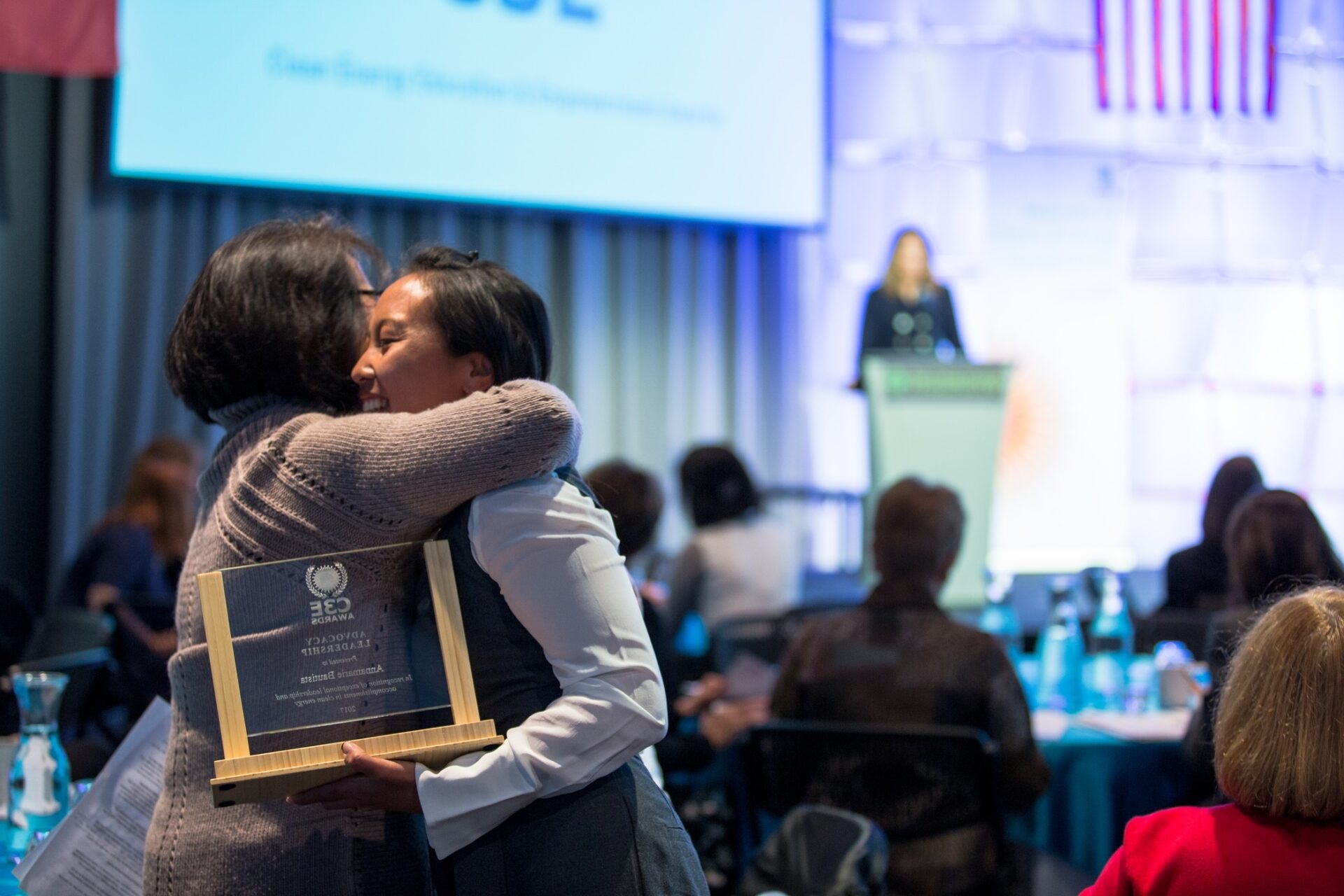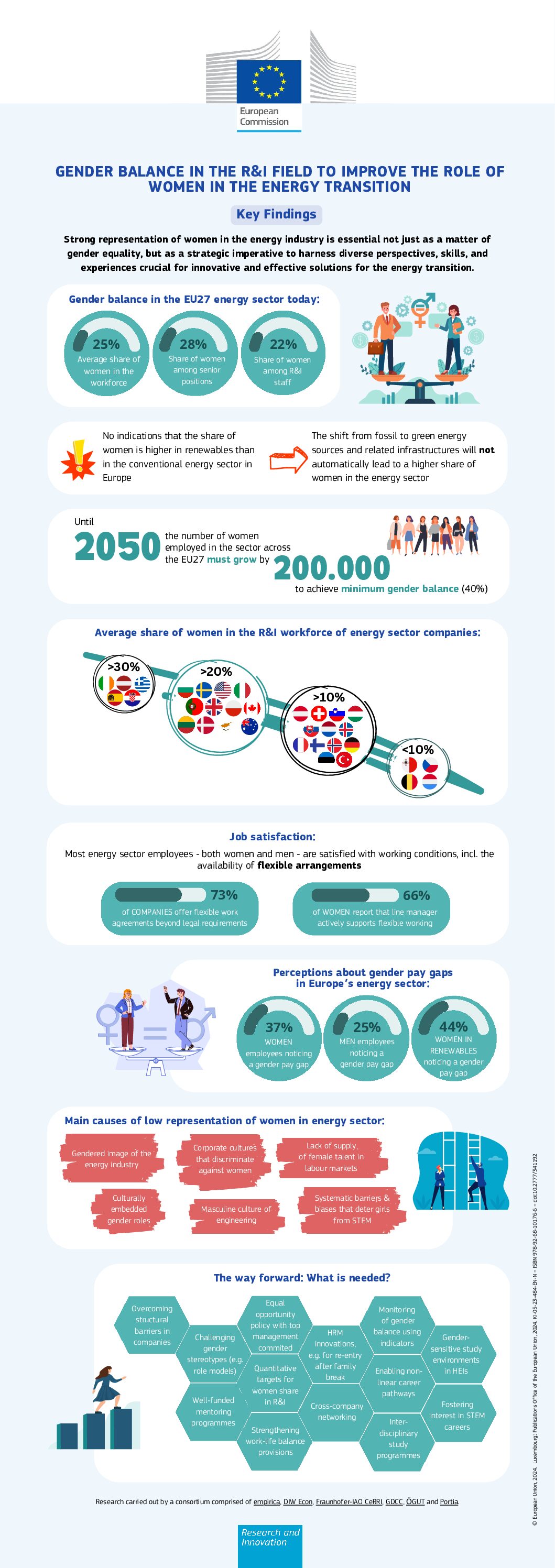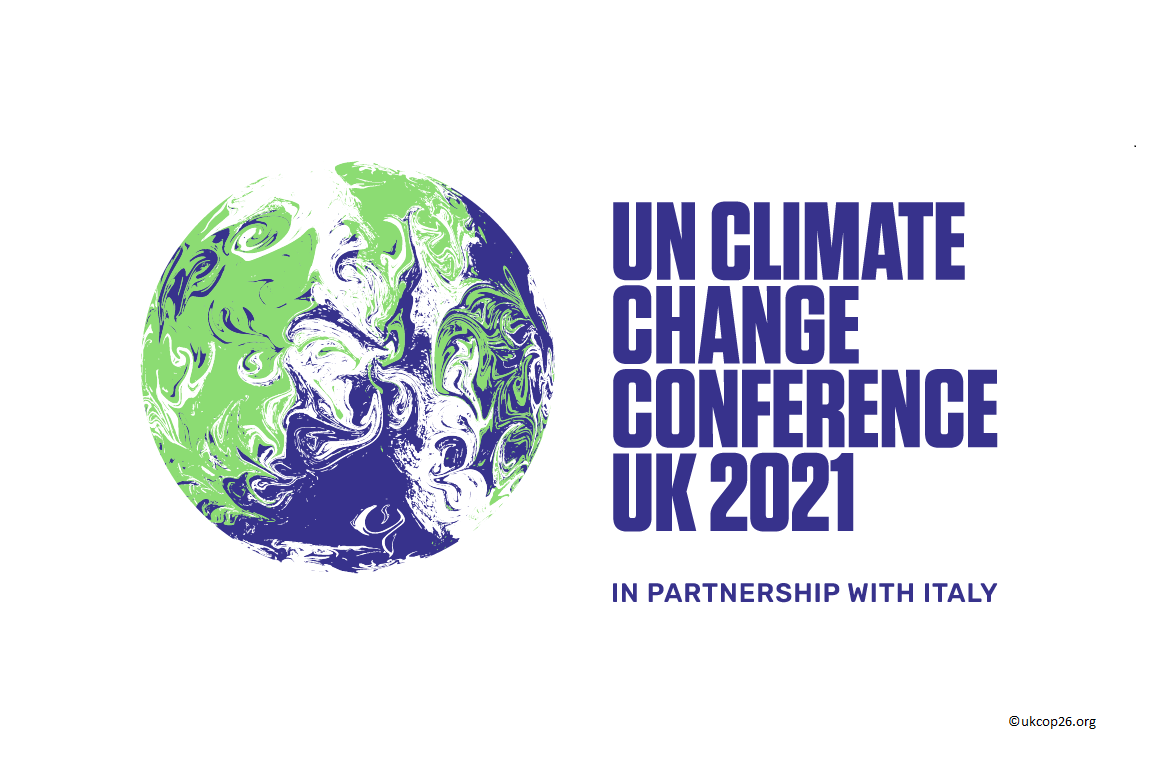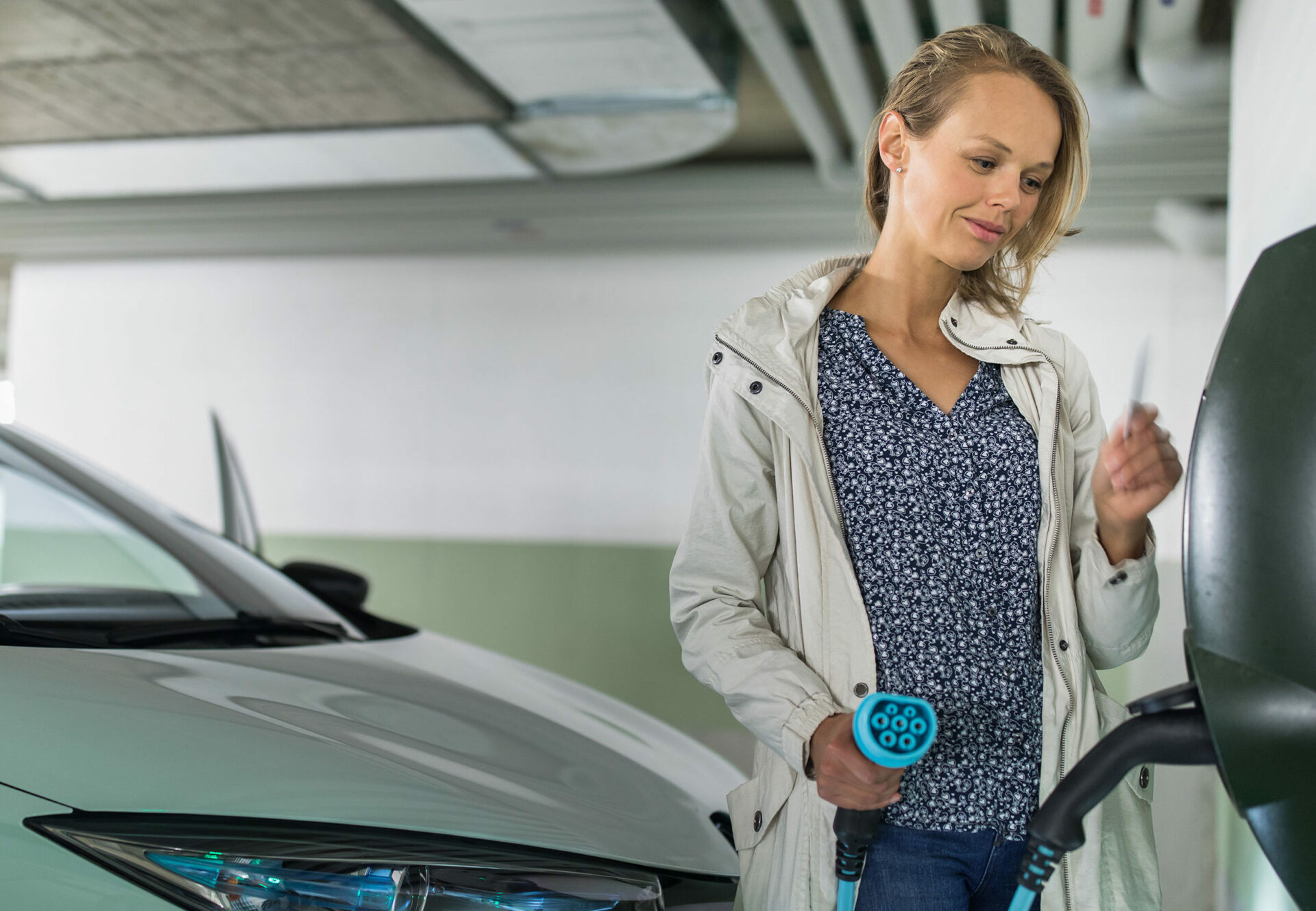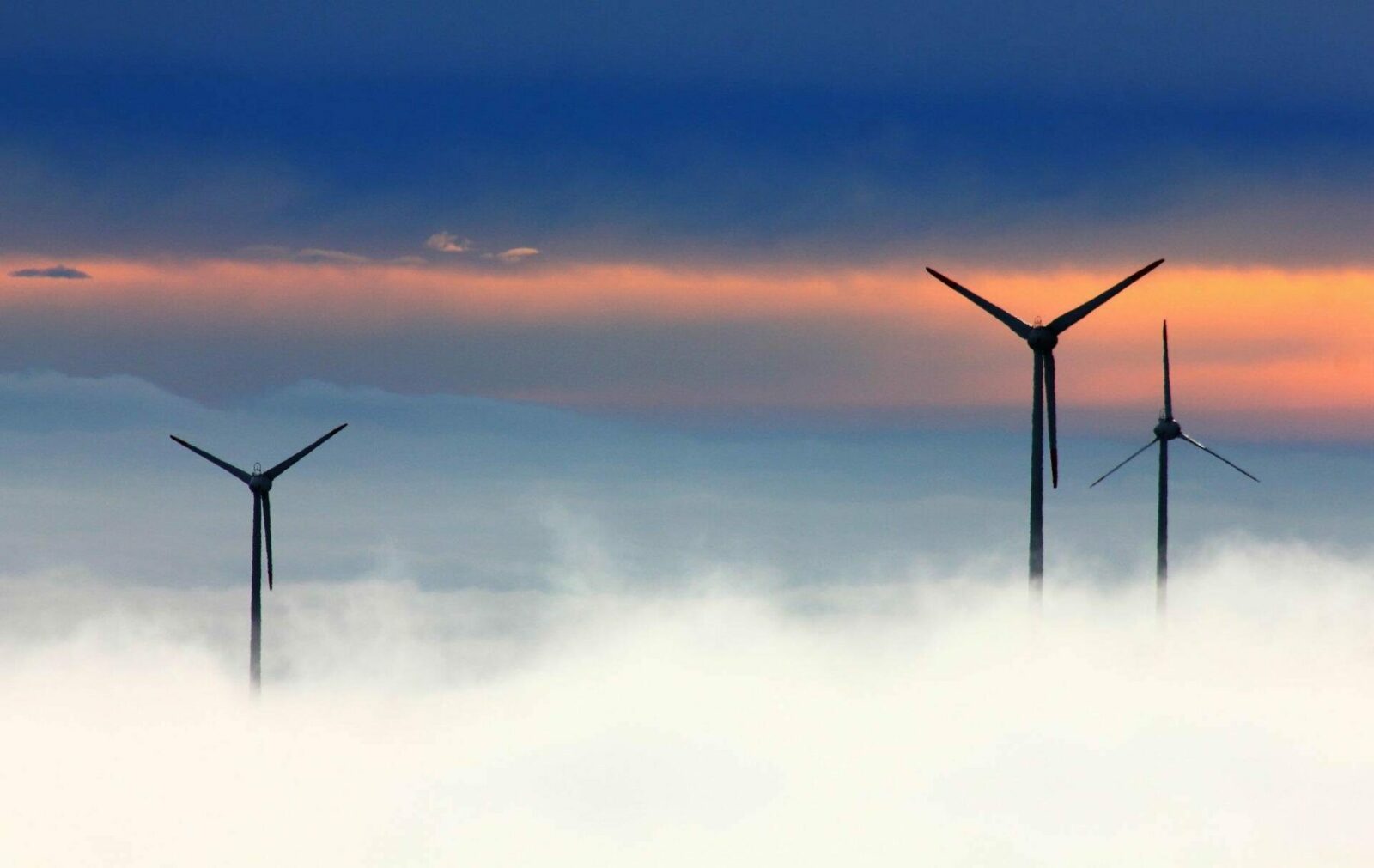
While our 12 member countries are steadily putting in a lot of work and energy in their contribution to the Equality Initiative, the governments are also constantly working on gender equality and advancing women’s representation in the energy sector as well as STEM fields. In the last post we highlighted the work of Autralia, Austria, Canada and Chile. In Part 2 we focus on the domestic and international activities of four more members – the European Commission, Finland, Germany and Italy. Read to find out more about their inspiring work.
 European Commission
European Commission
The EU Gender Equality Strategy 2020-2025 presents policy objectives and actions to make significant progress by 2025 towards a gender-equal Europe. The goal is a Union where women and men, girls and boys, in all their diversity, are free to pursue their chosen path in life, have equal opportunities to thrive, and can participate equally in and lead European society. One of its key objectives is achieving gender balance in decision-making. In 2021, the European Commission also published a study aiming at further closing the data gap for gender disaggregated data in the energy sector, launched the Equality platform for the energy sector and will be giving out an award for “Woman In Energy” during the European Sustainable Energy Week 2022.
 Finland
Finland
Finland mainstreams and promotes the principles of the Equality Initiative in energy policy and influences the work in other energy collaborations like IRENA, all while building up national networks, events and information for women working in the energy sector. Furthermore, they are sharing knowledge in other national network like interest organizations, trade unions, and youth and student organizations. Check out Finland’s Energy Profile here.
 Germany
Germany
Germany has been working on the Berlin Energy Transition Dialogue, the G7 Report on Gender Equality and Diversity in the Energy Sector and the Women Energize Women Conference. The Berlin Energy Transition Dialogue is a recurring high-level conference on energy transitions. The next BETD will presumably take place from March 28-29, 2023. As in previous years, female speakers will be prioritized to ensure a more equal gender distribution. In addition, Germany is planning to publish a joint G7 report on Gender Equality and Diversity in the Energy Sector, sharing the progress of the G7 by implementing commitments under the Equal by 30 Campaign. Finally, the Women Energize Women Conference deals with urgent energy transition issues across the world by looking at them from a female perspective and actively involving female change makers.
 Italy
Italy
The Italian National Recovery and Resilience Plan has identified the ecological transition as one of its main objectives. It includes the definition of a national system for Gender Equality that will support and motivate companies to adopt appropriate policies to reduce the Gender Gap in the most “critical” areas. The Italian Government has also identified Gender Equality as one of the crosscutting priorities when deigning policies in energy and in environmental and sustainable areas. Moreover, the first National Strategy for Gender Equality focused on the promotion of measures dedicated to women and girls to encourage them to study and deepen their knowledge in STEM disciples. Last, the ENEA (Italian National Agency for New Technologies, Energy and Sustainable Economic Development) is adopting a gender-sensitive approach to technology development and design of technological solutions in energy and climate change.
Stay tuned for part #3!

 European Commission
European Commission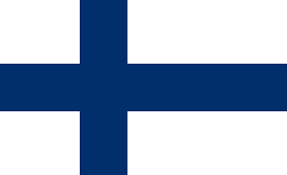 Finland
Finland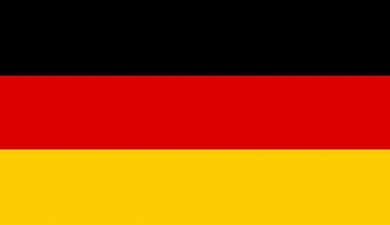 Germany
Germany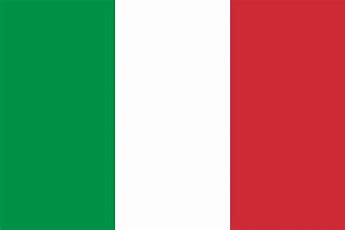 Italy
Italy